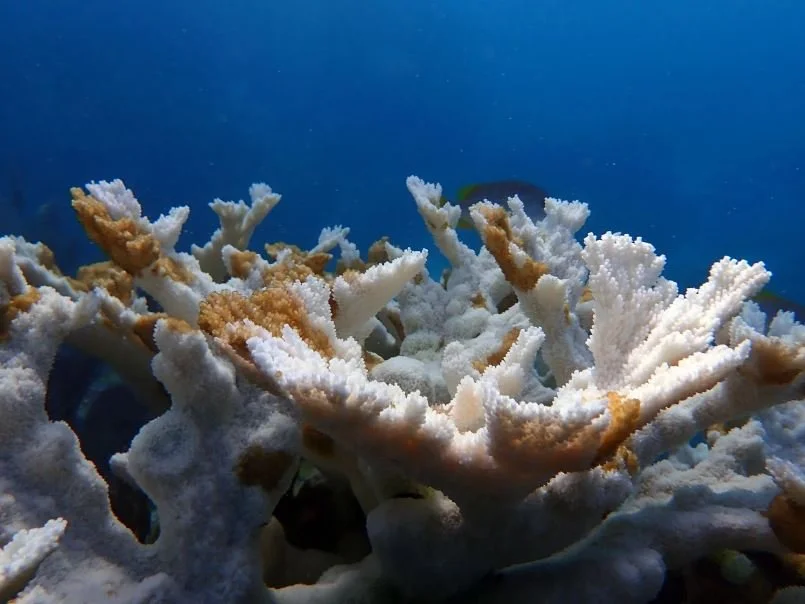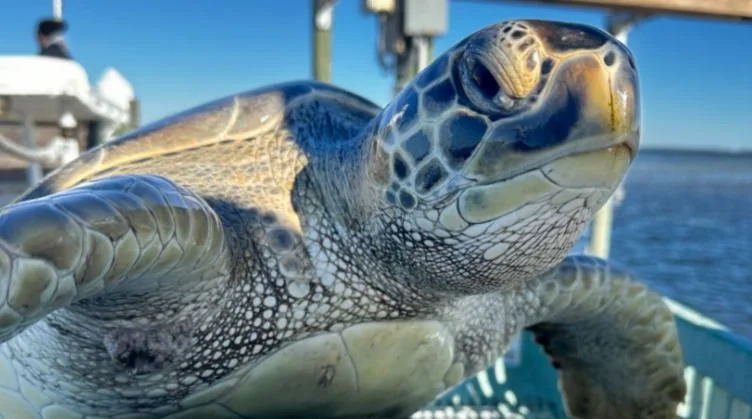Boiling Sea Cooks Florida’s Coral Reefs at Record Temperatures
In the Florida Keys temperature of the seawater topped 100°F, a mark never before recorded, anywhere. The extreme heat is killing off coral reefs at a terrifying rate.
The Coral Reef Foundation reports that even their coral-restoration sites – nurseries intended to replenish the depleted reeds – are being cooked to death.
“On July 20th, CRF teams visited Sombrero Reef, a restoration site we've been working at for over a decade. What we found was unimaginable — 100% coral mortality,” the foundation’s Restoration Program Manager Phanor Montoya-Maya announced. “We have also lost almost all the corals in the Looe Key Nursery in the Lower Keys.”
When water heats up, corals expel the algae (zooxanthellae) living in their tissues and turn white, i.e., coral bleaching. This is a fairly natural process and usually a reef can rebound from bleaching events. But a bleached reef in recovery is more vulnerable to damage caused by storms and the like; they won’t recover if they’re taken out by a hurricane and they certainly won’t recover if the water stays hot.
“The corals are pale, it looks like the color’s draining out,” NOAA researcher Katey Lesneski tells the Associated Press. “And some individuals are stark white. And we still have more to come.”
This week NOAA raised its coral bleaching warning system to “Alert Level 2” for the Florida Keys — the agency's highest alert level, reached when the average water temperature remains 1.8°F above normal for at least eight straight weeks. The scientists had never seen bleaching this extensive before August 1.
The situation is dire, but not hopeless. “Despite the devastation, we remain hopeful and determined,” says Montoya-Maya. “Sites in the Upper Keys, where the water is cooler, are not yet showing such dramatic declines, which gives us time to act. We are now rescuing as many corals as we can from our nurseries and relocating key genotypes to land-based holding systems, safeguarding our broodstock – potentially, the last lifeline left many of these corals.”
Photo credit: Coral Restoration Foundation







